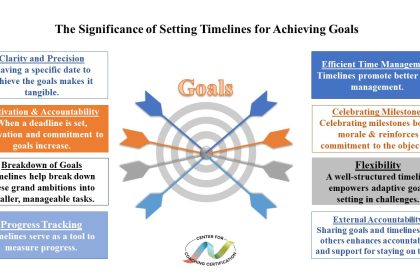Known as a top performer on the sales team, Joan was positive and mentored others on the team. She consistently backed-up her colleagues and for 14 years was well-liked by her clients and colleagues. Then, for reasons unknown to her employer, Joan’s sales numbers took a dive. For 6 months she struggled and had a few okay months. Her boss encouraged her, pushed her, and even talked about whether she was still up to the job.
The Human Resources department got involved and began coaching her on performance. Joan was very open and accepting, took everything seriously, and worked hard. Her numbers were just barely okay.
An outside coach was hired to work with Joan and took the whole person approach wherein they talked about both personal and work goals. In this process, Joan shared she had recently lost her husband, her mother was terminally ill, and she was struggling as a newly single mom – all things that the employer only vaguely knew. The coach worked with Joan on her goals in all areas of her life and on creating a strategy for moving forward.
As a result, Joan took the time to take care of things in her personal life which in turn empowered her to again focus effectively. Her sales numbers came back up.
When coaching in the workplace, sometimes the thinking is that it is only appropriate to talk about the job. In many cases this limits understanding and possibilities — as in this example.



